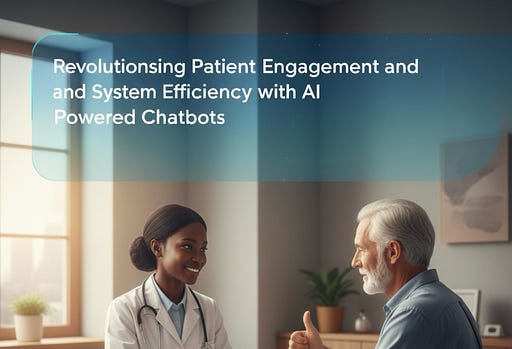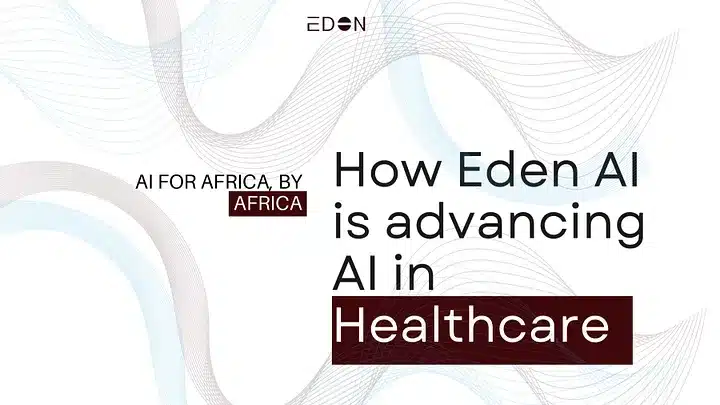
In the ever-evolving landscape of healthcare, artificial intelligence (AI) powered chatbots are
emerging as powerful allies not just for healthcare workers, but for patients helping to navigating
complex systems. These digital assistants are reshaping how care is delivered, making it more
accessible, responsive, and personalized.
What Is AI Chatbots in Healthcare?
AI healthcare chatbots are virtual assistants powered by natural language processing and machine
learning. They simulate human like conversations to help patients and providers manage tasks such as:
- Symptom checking and triage
- • Appointment scheduling and reminders
- • Medication management
- • Mental health support
- • Insurance queries and administrative tasks
Unlike generic chatbots, these are trained on medical data and designed to operate within the sensitive, high-stakes environment of healthcare.
Key Benefits of AI Chatbots in Healthcare
AI chatbots aren’t just convenient they’re transformative. Here’s how they’re making a difference:
- 24/7 Availability: Patients can get answers anytime, even outside clinic hours, reducing anxiety and improving access to care
- • Personalized Support: offer mental health interventions using techniques CBT, (Cognitive
- Behavioral Therapy) for example tailored to individual needs
- • Operational Efficiency: By automating routine tasks, chatbots free up healthcare staff to focus on complex care
- • Scalability: During crises like the COVID-19 pandemic, chatbots helped manage surges in patient queries without overwhelming human teams
- • Cost Reduction: Less reliance on manual processes means lower operational costs for healthcare providers
Real-World Use Cases
AI chatbots are already embedded in many healthcare systems. Some standout applications include:
- Symptom Triage: Bots analyze symptoms and guide patients to appropriate care
- • Mental Health Support: Chatbots like Woebot offered structured conversations to reduce anxiety and depression
- • Appointment Management: Patients can book, reschedule, or cancel appointments seamlessly
- • Medication Reminders: Bots track prescriptions and send timely alerts
- • Insurance Navigation: Chatbots help patients understand coverage and file claims
Challenges and Considerations
Despite their promise, AI chatbots must be deployed thoughtfully:
- Data Privacy: Handling sensitive health data requires robust security and compliance
- • Accuracy: Bots should complement not replace clinical judgment
- • Accessibility: Interfaces must be inclusive, supporting multiple languages and low-tech environments
The Future of AI Chatbots in Healthcare
As AI continues to evolve, chatbots will become more intuitive, empathetic, and integrated into care pathways. They won’t replace doctors but they’ll make healthcare more human by handling the routine, so humans can focus on healing and doctors can also have more one on one patient time
Stories by Eden AI on Medium 




